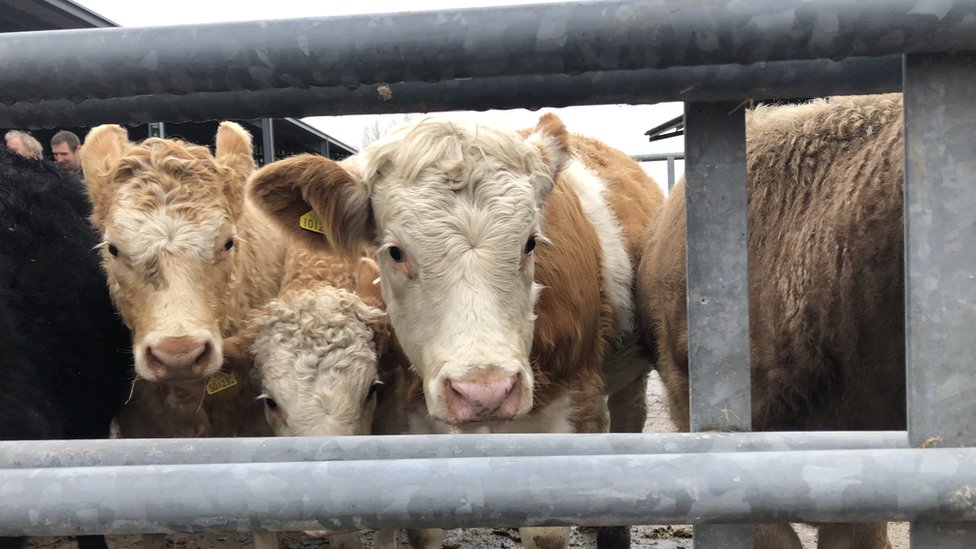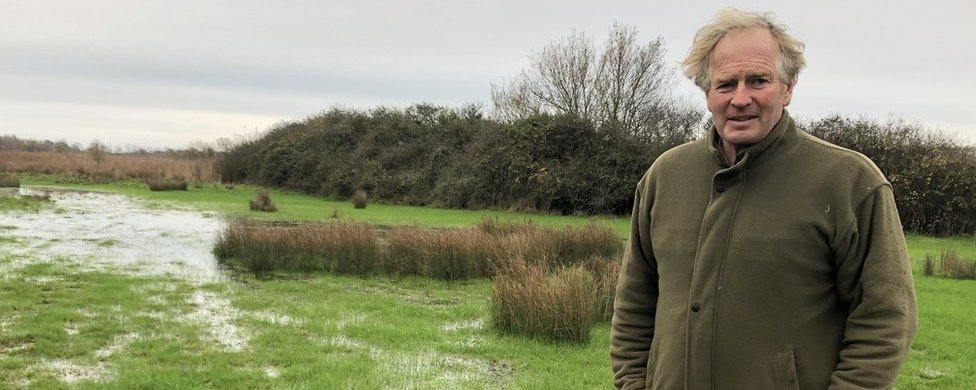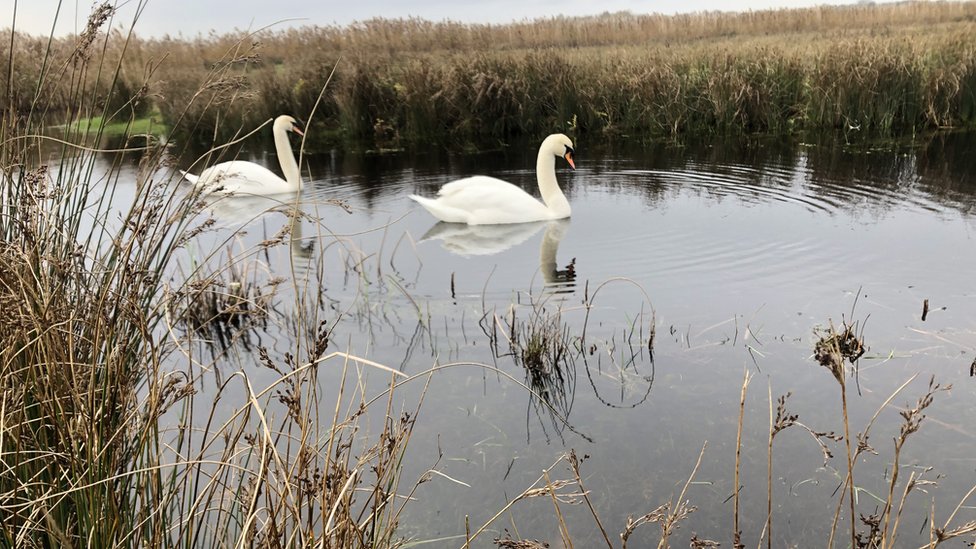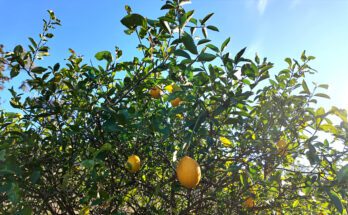
England’s countryside will radically change after the Brexit transition period, the government has confirmed.
There will be more trees, meadows and wetlands – and fewer sheep and cows as controversial EU farm subsidies are phased out.
Ministers say it’s the most fundamental shift in farm policy for 50 years.
Under the outgoing EU system, farmers got taxpayers’ money based on the amount of land they farm. The richer the farmer, the more the grant.
Ministers are designing a new farm subsidy scheme for after the UK stops following the EU’s policy when the post-Brexit transition period ends on 31 December.
The new system, named Environmental Land Management (ELM), will pay farmers if they prevent floods, plant woods and help wildlife.
A document published on Monday confirms that the old area-based subsidies will be halved by 2024 – and abolished by 2028. The cash saved will transferred into the new environmental ELM system.
Ministers say the EU policy was morally wrong, because it paid the biggest government subsidies to the richest farmers. A billionaire Saudi was even subsidised to breed racehorses.
The changeover will mean upheaval for farmers, and some may be unwilling or unable to adjust. Ministers have confirmed a lump-sum payment for those who decide they want to retire “with dignity”.
This should increase the UK’s low levels of farm productivity, because experts say younger farmers are typically more willing to try new methods.


Sussex farmer Martin Hole was a victim of the quirks of the EU grants system.
Like other land owners, he was claiming grants based on the area of land he’s farming.
He decided to help wild birds by letting some pasture flood naturally in the winter, and allowing trees and scrubs to regenerate.
Farm inspectors measured the areas he had set aside for conservation – deducted grants accordingly, then backdated it and sent him a bill.
Then they said they’d sue him for fraud. “It was absolute madness”, he says.

Ministers say the changes will lead to a “renewed” agricultural sector producing healthy food for consumption at home and abroad, and to environmental improvements across the country.
More details of the new policies will appear over time, but environmentalists say the National Farmers’ Union has already persuaded the government to water down its original intentions.
Farmers complained that the original hurdles to qualify for ELM grants were too high. So, the Department for Environment, Food and Rural Affairs has created what it calls the Sustainable Farming Incentive (SFI).
This will reward farmers for basic activities such as crop rotation, soil conservation and stopping chemicals polluting waterways.
Environmentalists say actions like this are normal good practice, and shouldn’t always be funded by the taxpayer.
The SFI is the first tier of the new grants system.
Tier 2 is Local Nature Recovery, for actions such as creating, managing or restoring habitats, natural flood management and species management.
Tier 3 is Landscape Recovery, which will focus on landscape and ecosystem recovery. This will include creation of large forests, peatland restoration, or the creation and restoration of wetlands and salt marshes.
Ministers are launching an advisory booklet with a timetable of steps towards the end date for direct payments.
They’ll be offering help and advice to farmers. They will also offer grants, for instance, for farmers to manage livestock slurry more carefully – it’s a major cause of water pollution.
Polluters will receive a warning letter instead of an automatic fine. But the government says it’ll target repeat offenders, and focus on sensitive areas.
Richard Benwell, from the green umbrella group Wildlife and Countryside Link, told the BBC: “It’s absolutely right to take a less bureaucratic approach on one-off minor breaches, but this should be accompanied by more consistent monitoring and enforcement of major or persistent breaches.
“Those words are in the government’s document, but a plan for actually delivering it is noticeably absent.” He said of the whole plan: “The overall impression here is an abiding lack of detail.”
NFU president Minette Batters said: “Farmers are up for a new world of carbon neutral food. We need fewer inputs of pesticide and fertiliser and better animal health – but the incentives have to be there.
“There’s going to be real pain for lowland beef, upland beef, and sheep farmers. How much pain we don’t know until we’ve seen the details we’ve been waiting four years for.”
Craig Bennett, from the Wildlife Trusts, criticised the announcement for what he called a lack of clarity and urgency.
He said: “The [EU’s] Common Agricultural Policy wreaked devastation on our wildlife whilst causing deep-seated issues in farming communities by affecting rents and production.
“We must not spend the next few years just talking; nature needs the help promised by this government and we cannot afford to waste any more time.”

There’s a big disparity between government and NFU estimates of the likely impact from the changes on farmers.
Experts say some environmental solutions will be hard to define. Take soil: the government wants to conserve soil because it improves productivity and captures planet-heating carbon emissions.
But Prof Jane Rickson from Cranfield University asks: “What soil properties should be measured and monitored? Different soils will have naturally variable levels of soil carbon, irrespective of how they are managed.”
Prof Rickson said an alternative approach is to ignore measurement of soil properties and reward farmers for farming in ways that typically improve soil carbon, such reduced ploughing, planting “cover crops” that hold soil together in winter, and grass buffer strips to catch soil running off fields in the rain.
The government has accepted that the great farm transition is very much a work in progress – and details will follow on the road to the revolution in 2028.
The changes apply to England only. Devolved administrations in Wales, Scotland and Northern Ireland are devising their own plans.
Scotland, for instance, may keep some direct payments to farmers in case Scotland becomes independent and is admitted to the EU.
This may cause confusion and resentment in border country.
Read MoreFeedzy


